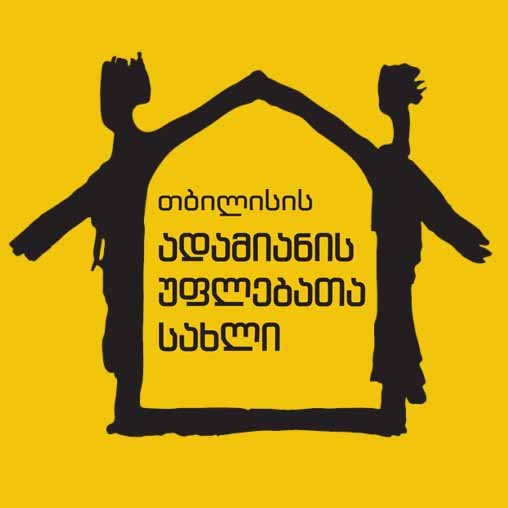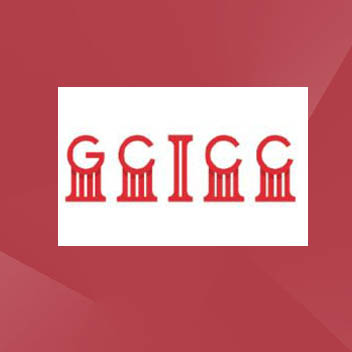News
Statement of Human Rights Center Regarding the Request for Financial Information from Civil Activists in Gori by the Anti-Corruption Bureau
20.11.2025

Font size
On September 24, 2025, the Anti-Corruption Bureau appealed to the Gori District Court to request financial information from the civil activists living in Gori – Teona Pankvelashvili and Teona Bzishvili.
On September 25, 2025, the Gori District Court did not satisfy the motion of the Bureau and refused to issue information because of lack of respective justification for the request. The Anti-Corruption Bureau appealed the decision in the Tbilisi Appellate Court, where Judge Tamar Oniani annulled the well-grounded decision of the Gori District Court on October 6. 2025 and granted the motion of the Bureau to request information from civil activists. Consequently, financial information was requested from the Georgian banks as well as from Teona Pankvelashvili and Teona Bzishvili.
The request of the Anti-Corruption Bureau was based on its authority to monitor the financial activities of the people who have declared an electoral purpose. However, the Bureau did not present any evidence to the court showing that Teona Pankvelashvili and Teona Bzishvili were people with a declared electoral purpose. The Tbilisi Appellate Court interpreted the concept of a “person with a declared electoral purpose” broadly, going beyond the definition established by the law, did not require additional evidence from the Bureau, and granted it access to the bank accounts of physical persons for the purpose of monitoring.
The Human Rights Center believes that the order of the Tbilisi Appellate Court, and the standard established by this order, which, without any evidence and based on a broad interpretation of legal norms, unjustifiably grants a state agency access to individuals’ personal/financial information, constitutes a gross violation of the rights guaranteed by both the Constitution of Georgia and the European Convention on Human Rights, including the right to a fair trial, the right to respect for private and family life, and the right to fair administrative proceedings. Under this standard, requesting personal information from an individual undermines the entire Law of Georgia on Personal Data Protection and creates a practice whereby a public institution may request any person’s personal information at any time.
The Human Rights Center calls on the common courts to interpret the law as narrowly as possible when reviewing motions submitted by the Anti-Corruption Bureau concerning the request for personal information from individuals, and to respect and protect, during legal proceedings, the rights guaranteed by both the Constitution of Georgia and the European Convention on Human Rights, including the right to a fair trial and the right to respect for private and family life.
Human Rights Center also calls on the Anti-Corruption Bureau to refrain, in the exercise of its authority, from exceeding the limits established by law; to respect the rights to inviolability of private and family life and to fair administrative proceedings; and to cease the unfounded practice of requesting personal information, a practice that serves only one purpose: to create an intimidating and repressive environment for individuals whose activism is unacceptable to the ruling political power.
Human Rights Center
News




